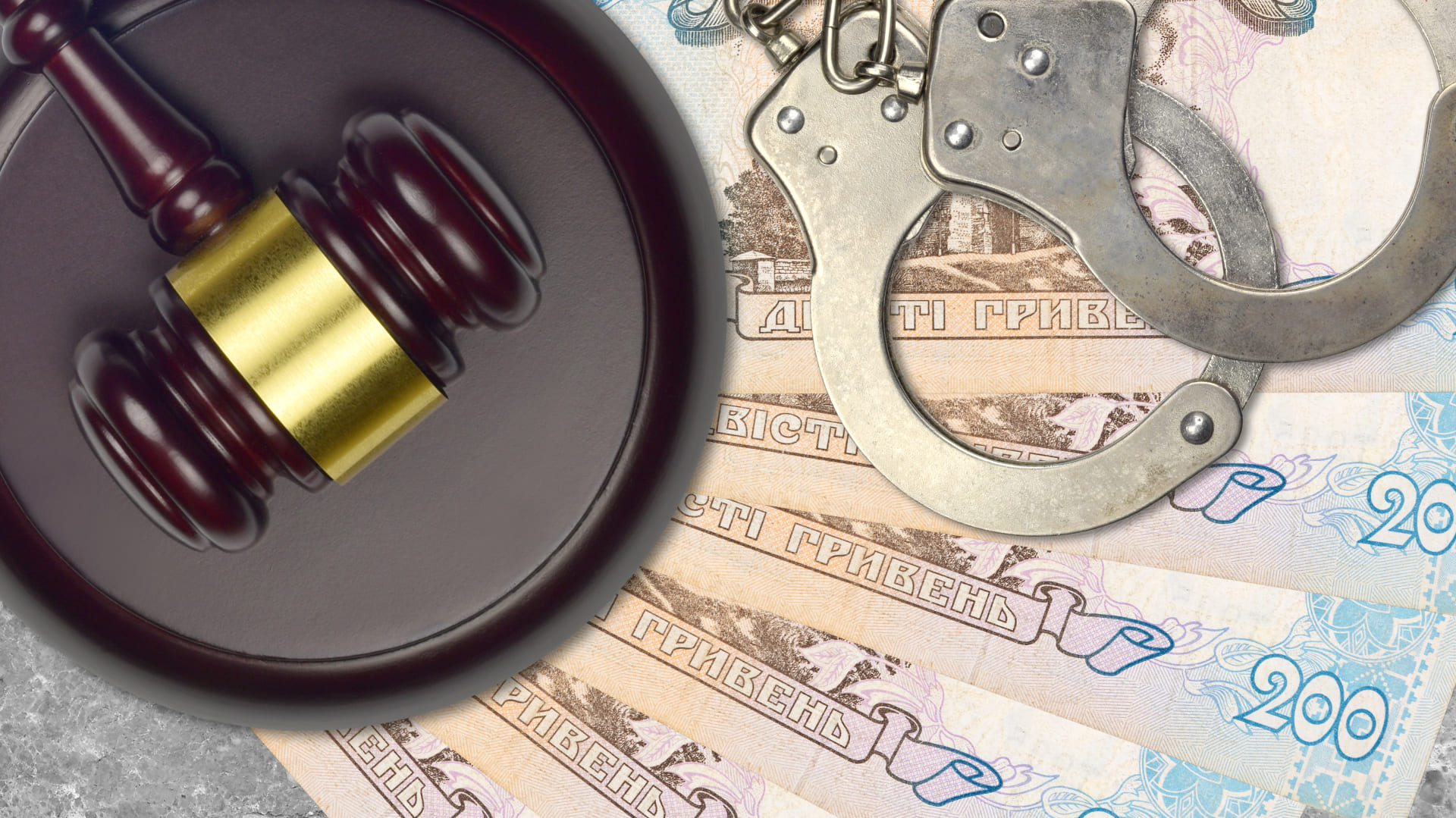A three-day online training course on “Effective investigation and prosecution of money laundering” was organised together with the Training Centre of Prosecutors of Ukraine. The Prosecutor General’s Office as well as regional and district public prosecution offices benefited from the training, which aimed at enhancing the understanding of the new money laundering offence, introduced by the Anti-Money Laundering Law of 28 April 2020, and developing practical skills of participants.
The multinational team of trainers ensured that the training program covered different practical perspectives and technical angles. The training encompassed strategic issues like international standards and obligations in the area of money laundering, human rights considerations and European Court of Human Rights case law, which was followed with more operational and hands-on topics such as proving money laundering cases, using international cooperation, peculiarities of prosecutorial guidance and considerations on the role of a prosecutor in money laundering cases, preparation for the court trial and public prosecution.
The Council of Europe is also working on a dedicated handbook on money laundering identification, investigation and prosecution for Ukraine. It is expected to provide a helping hand for prosecutors when dealing with money laundering cases.
The training course was developed and delivered within the framework of the project “Strengthening measures to counter money laundering and financing of terrorism in Ukraine”, co-funded by the European Union and the Council of Europe and implemented by the Council of Europe in their Partnership for Good Governance II.





